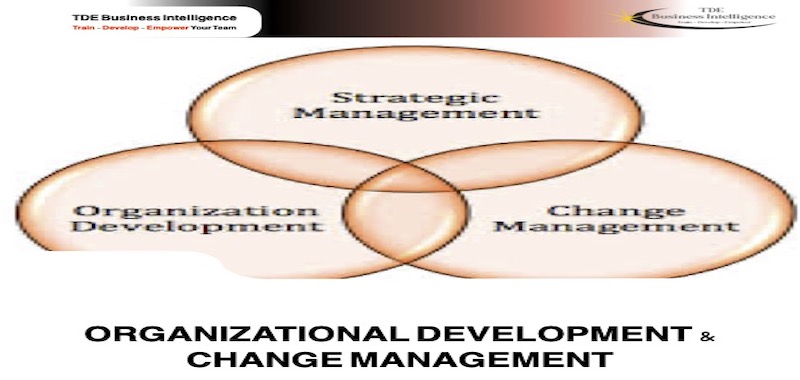
SCHEDULE
| Dates | Venue | Category |
| 6-10 August 2023 | Dubai – United Arab Emirates | HR-Management-Leadership |
INTRODUCTION
Strategies need to be embedded in the organisation and this involves managing change. Effective programme delivery also requires change management for successful benefits realisation. This training helps people understand the key lessons from best practice in organisational development and change management. It will help people understand how to lead organisations, people and teams through change and to manage the transition successfully.
BENEFITS OF ATTENDING
Upon the completion of this training, participants will be able to:
- Gain key practical insights from organisational development and change management
- Understand the importance of organisational culture, and the roles of managers, team leaders and staff within this culture
- Learn how to plan for change in the context of embedding new behaviours, and how to roll out a change programme successfully
- Know how to communicate effectively in the change process
- Be confident that you can lead and support change
WHO SHOULD ATTEND?
- The seminar is designed to provide useful and important information for people working at all organisational levels, from leaders and senior managers with responsibility for setting the organisational strategies and leading change, through to line managers and team members with responsibility for delivery.
COURSE OUTLINE
Session 1: Overview and Introduction to Organisational Development and Change Management
- Overview of the key principles of organisational development and how these support change management
- Criteria for assessing the “health” of an organisation
- The link between strategic management and change management
- Why managing programmes requires change management skills
- Discussion of delegates’ experiences and sharing of approaches
Session 2: Communicating the Case for Change
- Getting support for the business case
- Motivation, incentives and creating the necessary sense of urgency
- Building the coalition for change – understanding the power dynamics
- Undoing attachment to the status quo
- Communicating a compelling vision
- Co-creating change and involving stakeholders (internal and external)
Session 3: Organisational Culture
- What does organisational culture mean? Definitions and importance
- Values and culture
- How does organisational culture impact on attitudes, behaviours, motivations, and performance?
- Leading by example and setting the tone
- Analysis of what impacts on collective cultures. Understanding vested interests, ways of working, hierarchies, empires, teams, relationships, comfort zones
- The role of HR – reinforcement and reward of ethical behaviour, managing performance and strategically tackling the drivers of bad workplace cultures
- Delegate input
Session 4: Implementing and Embedding Organisational Change
- Techniques for developing a robust change programme
- Systems thinking and change
- Anticipating resistance, understanding and interacting with it, and working with people to achieve buy-in (change cannot be imposed successfully, it must be embedded collaboratively as part of a virtuous circle)
- Creating short-term wins as a pathway to long-term success
- Transparency, honesty and listening to feedback
- Timescales, building on success, evaluation and improvement planning
- Final discussion
